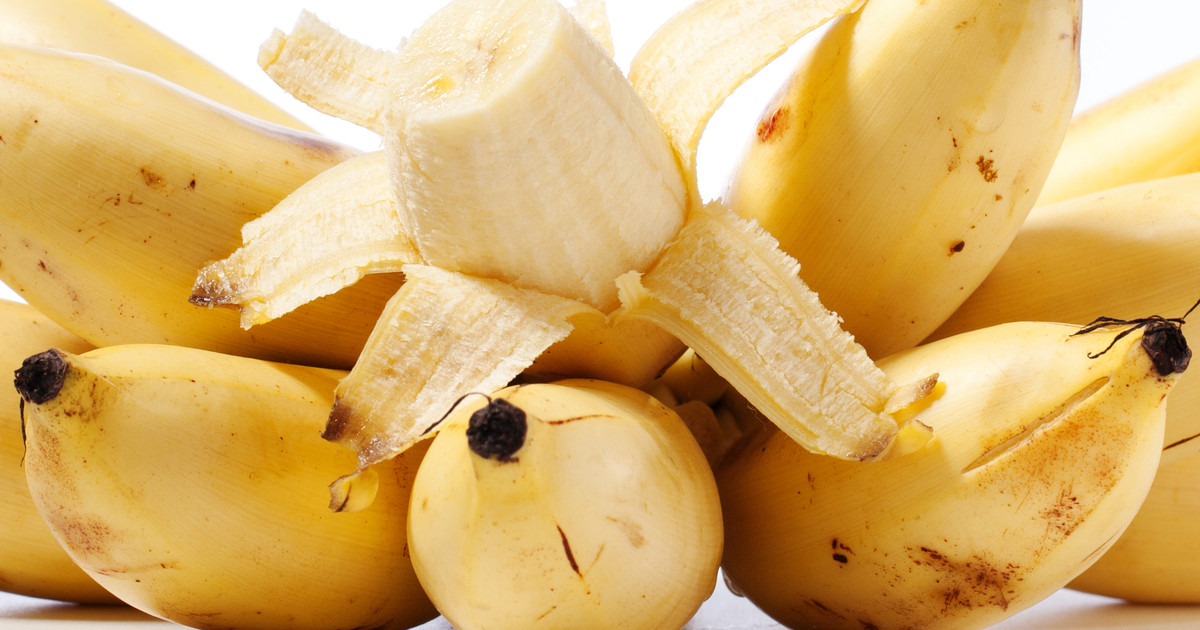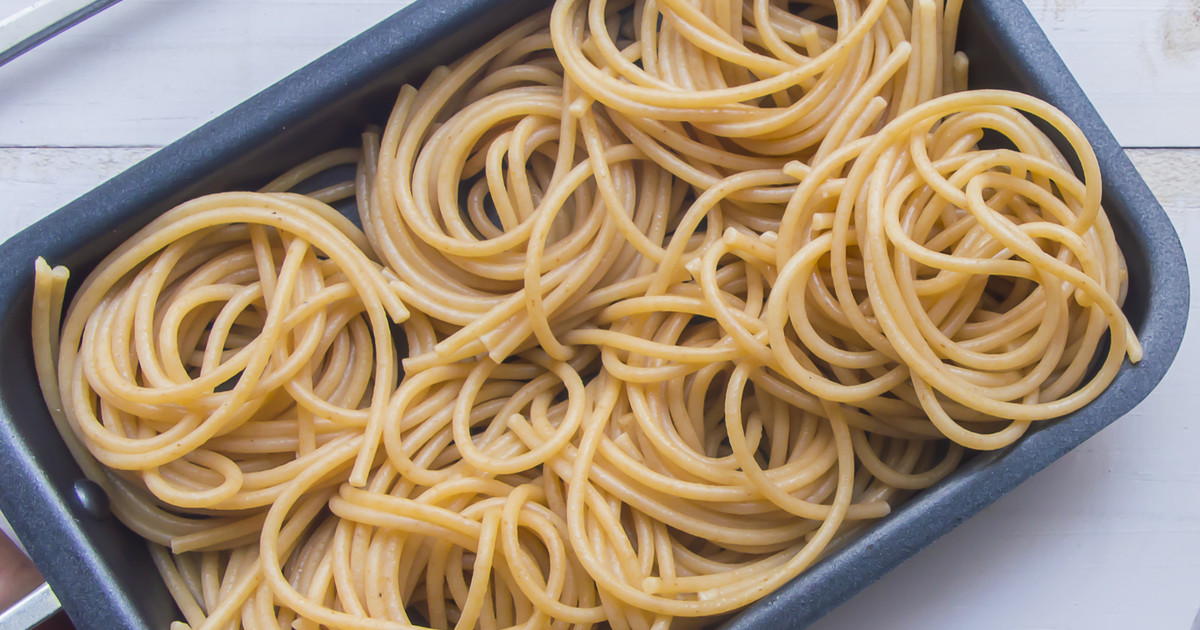Potential Dietary Advice For Preventing Crohn's Disease Flare-Ups
Crohn's disease seems to be a common inflammatory bowel disease. It may result in significant inflammation in the digestive tract. Many patients say that flare-ups of their symptoms can be quite painful. Common symptoms of this condition appear to include diarrhea, abdominal pain, and fatigue. A poor diet may worsen symptom severity. It also seems as if certain foods trigger intense flare-ups.
Patients may experience relief with corticosteroids for Crohn's disease. This may be part of a regimen of anti-inflammatory medications for Crohn's disease. Nutritional deficiencies may result in patients needing supplements, which can include vitamin B12 shots for Crohn's disease. Severe cases can require surgery for Crohn's disease. Natural remedies for Crohn's disease may also be possible. These remedies seem to start with following the right Crohn's disease diet.
Avoid Whole Wheat
Individuals with Crohn's disease may need to avoid whole wheat. Although most whole wheat products appear to be healthy due to their high fiber content, this does not seem helpful for Crohn's disease patients. Fiber does help regulate digestion. However, it can be difficult for the body to digest. This effect seems to be magnified in individuals with Crohn's disease. They may experience symptoms such as pain in the abdomen and diarrhea as a result.
Patients with this condition may also deal with gluten intolerance. This can make the potential flare-up of Crohn's disease even more. Thus, they may need to avoid whole wheat products, including whole wheat bread and pasta. This also seems to include rye-based products and barley. Instead, patients may want oatmeal, potatoes, gluten-free bread, white rice, and white bread.
Reveal more potential pieces of dietary advice for Crohn's disease now.
Try Eating Low-Fiber Fruits And Vegetables
Usually, fruits and vegetables are considered part of a healthy diet. However, they may not be as healthy as many individuals think. Many fruits and vegetables seem to contain significant amounts of fiber. This should, like whole wheat, help an individual's digestion. They should also keep them feeling full for longer. However, individuals with Crohn's disease appear to struggle with eating many fruits and vegetables due to their fiber content. They may need to avoid high fiber fruits and vegetables, such as cherries, broccoli, plums, unpeeled apples, and cabbage.
Thus, some Crohn's disease patients may want to try eating low-fiber fruits and vegetables. This means considering bananas, squash, peeled cucumber, pumpkin, and bell peppers. They may also be able to eat some applesauce, as this may reduce the digestion needed for apples. Cooking vegetables and fruit may help reduce the insoluble fiber that they contain. This appears to make digesting them easier.
Read about more potential advice for a Crohn's disease diet now.

